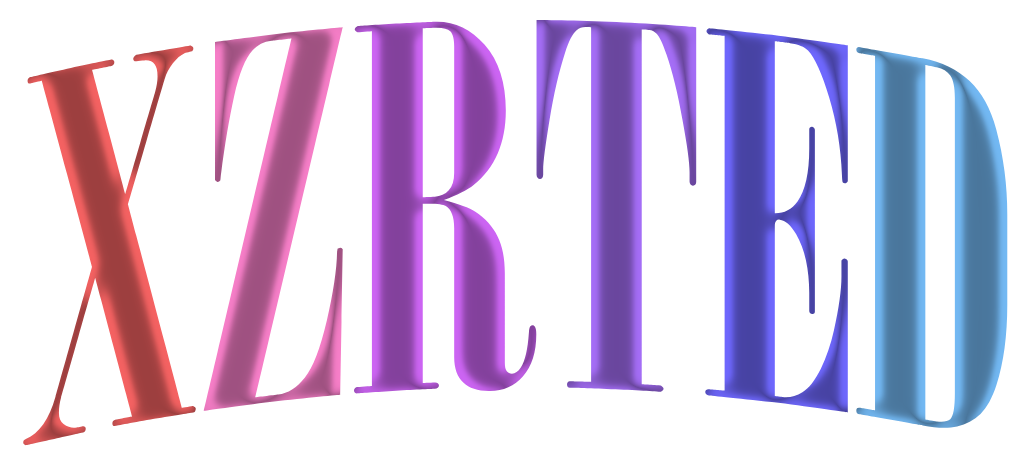YOU'VE HEARD OF IT, BUT WHAT IS IT?
Reselling is the practice of purchasing products from a supplier (often at a wholesale price) and then selling them to customers at a higher price in order to make a profit. Essentially, it's a business model where you act as a middleman between the product manufacturer or wholesaler and the end consumer.
Key Aspects of Reselling:
- Purchase: A reseller buys products from a manufacturer, wholesaler, or distributor. These products are usually purchased in bulk, which allows the reseller to acquire them at a lower price.
- Markup: The reseller then marks up the price of the product to sell it at a profit. The difference between the price the reseller paid and the price at which they sell the product is their profit margin.
- Selling: The reseller sells the products through various channels, which could include online marketplaces (like eBay, Amazon, or Etsy), their own e-commerce websites, physical stores, or social media platforms.
Types of Reselling:
- Traditional Reselling: This involves buying products from wholesalers, manufacturers, or suppliers and then selling them to consumers either in physical stores or online.
- Online Reselling: Resellers often use platforms like eBay, Amazon, or Shopify to sell products. In this model, they might purchase products from a supplier and then resell them directly to customers online.
- Dropshipping: A form of reselling where the reseller never actually handles the inventory. When a customer places an order, the reseller forwards the order to the supplier or manufacturer, who then ships the product directly to the customer. The reseller doesn't keep stock on hand.
- Arbitrage Reselling: This is when resellers buy products from one market at a low price (e.g., in retail stores or through clearance sales) and then sell them at a higher price on other platforms (e.g., eBay or Amazon). Retail arbitrage is a common example.
- Wholesale Reselling: In wholesale reselling, resellers buy large quantities of products at a discounted wholesale price and then sell them in smaller quantities to consumers at a higher price.
- Private Label Reselling: Resellers purchase generic products from a manufacturer and then rebrand them with their own logo, brand name, and packaging before selling them. This is common in the beauty, health, and supplement industries.
How Reselling Works:
- Find Products: The reseller sources products from suppliers, manufacturers, or wholesalers. The key is to find products that can be sold for a profit. This might include researching market trends, identifying high-demand products, or buying items at discounted rates.
- Set Prices: The reseller determines the price at which they will sell the products. This involves factoring in the cost of goods, shipping, overhead costs, and desired profit margins.
- Marketing and Sales: The reseller then markets and sells the products. This could be done through online stores, social media ads, email marketing, or other promotional tactics.
- Fulfillment: Once a sale is made, the reseller processes the order. In some cases, the reseller may ship the products themselves; in other cases, such as dropshipping, the supplier will handle shipping directly to the customer.
- Profit: After covering all costs, including purchase price, shipping, and any other expenses, the reseller keeps the difference between the buying price and selling price as their profit.
Advantages of Reselling:
- Low Barrier to Entry: You don’t need to create your own products. You just buy products and sell them.
- Scalability: As long as you can source products and find customers, reselling can be scaled up with minimal investment.
- Flexibility: Many reselling businesses are online, which allows you to work from anywhere and at your own pace.
- Variety: You can resell a wide range of products in various niches, giving you the ability to experiment with different markets.
Popular Reselling Platforms:
- eBay: One of the largest online marketplaces where individuals and businesses can resell a variety of products, both new and used.
- Amazon: Many resellers sell new products on Amazon, often through the FBA (Fulfillment by Amazon) program.
- Etsy: Popular for reselling handmade, vintage, and unique items.
- Poshmark and Depop: Platforms for reselling clothing, shoes, and accessories.
- Shopify: A platform where you can create your own online store to sell products directly to customers.
In essence, reselling is about buying products from suppliers at a lower price and selling them to customers at a higher price, with the goal of making a profit. Whether you’re reselling physical items, digital products, or offering services, it can be a flexible and profitable business model if done strategically.

